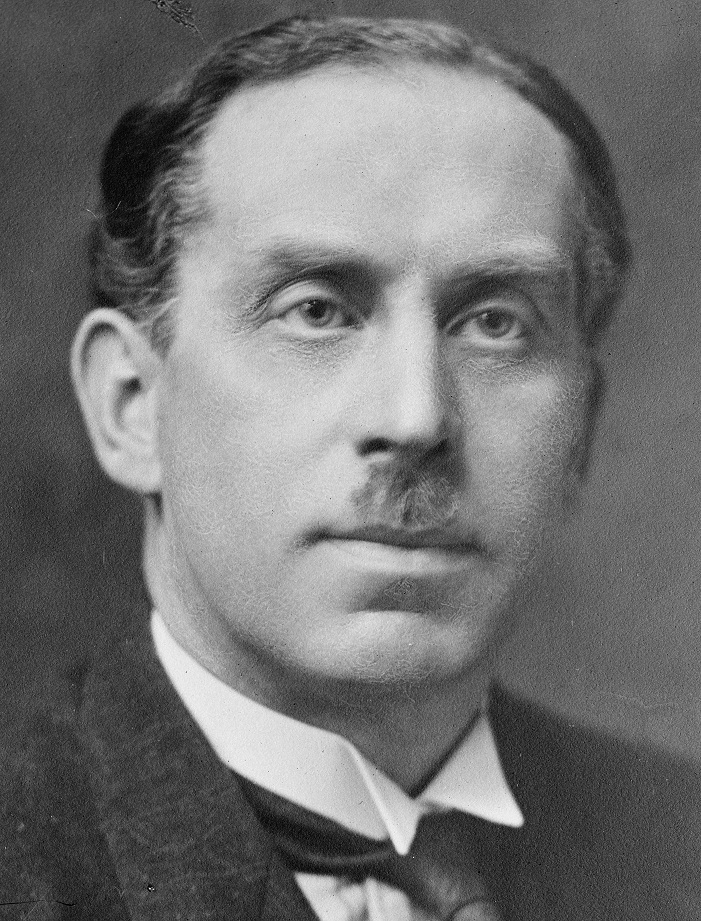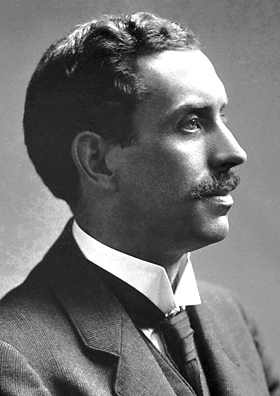<Back to Index>
- Physicist Charles Glover Barkla, 1877
- Writer Richard Doddridge Blackmore, 1825
- Empress Consort of Mexico Charlotte of Belgium, 1840
PAGE SPONSOR


Charles Glover Barkla (7 June 1877 to 23 October 1944) was a British physicist, and the winner of the Nobel Prize in Physics in 1917 for his work in X-ray spectroscopy and related areas in the study of X-rays (Roentgen rays).
Barkla was born in Widnes, England, and he studied at the Liverpool Institute and at Liverpool University. In 1899, Barkla went to Trinity College, Cambridge, as an Exhibition Scholar to work in the Cavendish Laboratory under the physicist J.J. Thomson. At the end of a year and a half, his love of music led him to move on to King's College, Cambridge, where he joined its chapel choir. He completed his bachelor of arts degree in 1903, and then his Master of Arts degree in 1907. No information seems to be available about when or where he earned a Doctor of Philosophy (Ph.D.) degree, but it is known that the great physicists J.J. Thompson (the discoverer of the electron) and Oliver Lodge were his doctoral advisors.
In 1913, after having worked at the Universities of Cambridge and Liverpool, and King's College, London, Barkla was appointed as a professor of natural philosophy at the University of Edinburgh, a position that he held until his death. Barkla married Mary Esther Cowell in 1907.
Barkla made significant progress in developing and refining the laws of X-ray scattering, X-ray spectroscopy, the principles governing the transmission of X-rays through matter, and especially the principles of the excitation of secondary X-rays. For his discovery of the characteristic X-rays of elements, Barkla was awarded the Nobel Prize in Physics in 1917. He was also awarded the Hughes Medal of the British Royal Society that same year.
Little more seems to have been recorded about the life of Charles Barkla.
The lunar crater Barkla was named in the honor of Charles Barkla. Also a commemorative plaque has been installed in the vicinity of the Canongate, near the Faculty of Education Buildings, at the University of Edinburgh. Additionally, a lecture theatre at the University of Liverpool's Physics department is named after him.